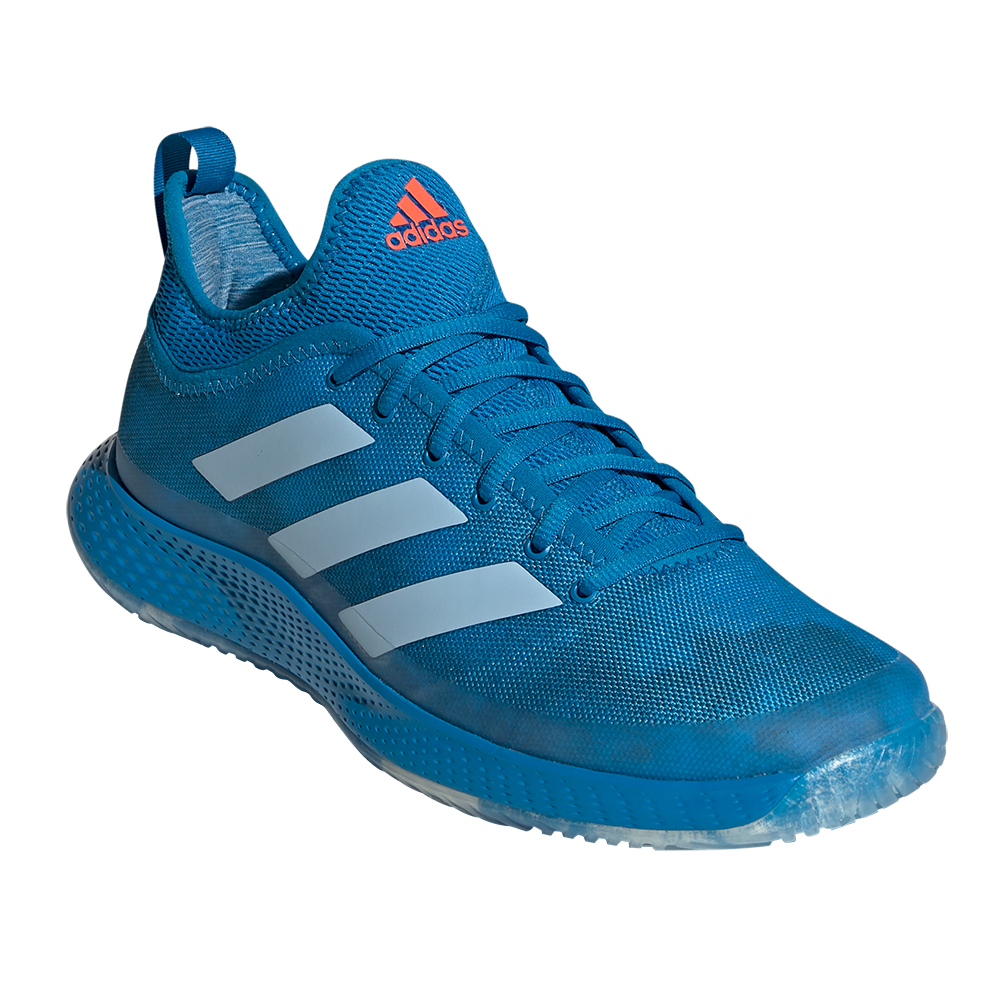By Giri Nathan
So the players made it to Australia. Now comes the real test of will. Because, for reasons of both name recognition and plague exposure, not every athlete has enjoyed the same freedoms Down Under.
The bulk of players flew into Melbourne, home of the Australian Open. The game’s elite—including Rafael Nadal, Serena Williams, Novak Djokovic, Simona Halep—arrived in Adelaide, where they’ll play an exhibition event. All players who just landed on the continent will be stuck in a 14-day quarantine, but not all quarantines are made equal. The huddled masses in Melbourne have bristled at dispatches from Elysium: Naomi Osaka shared (and deleted) a picture of her smiling on court with a full (unmasked) practice squad larger than those permitted in Melbourne; Stan Wawrinka enjoyed a meal at a gleaming glass table apparently not much smaller than a lesser player’s whole room; they catch rays on their balconies. Australian Open director Craig Tiley acknowledged the bare fact that life is better at the top: “It’s just the nature of the business. You are going to get a better deal.” Dominic Thiem, so fresh off his first major title that he’s probably still feeling it in the quads, said it was a “privilege” to be in Adelaide but denied that his set had any special advantages over their Melbourne buddies beyond less congestion. He did, however, draw a distinction between his setup and those players in hard quarantine.
Which brings us to the least lucky of the lot. Not just world No. 67 Paula Badosa, who on Friday became the first player to test positive for COVID-19 while in Melbourne, and was relocated to a medical hotel. It’s all the fellow passengers, too. A flurry of positive COVID-19 tests in the days after arrival—from a broadcaster and a coach of Bianca Andreescu, to take just two examples—spelled stricter confinement for everyone who had shared a plane full of air with them en route to Melbourne. So far three of the chartered planes have been linked to positive tests: the one from Los Angeles, the one from Abu Dhabi, and the one from Doha. That put more than 70 players into hard quarantine. That means not leaving the hotel room for any reason. No more five-hour allowance to eat and train outside. For every player besides Bernie Tomic, this makes for a very unconventional preparation for a major. It means coned footwork drills in tight confines. It means rallying against a flipped mattress in a new twist on the old wall. And it means complaints, complaints for which authorities in Victoria seem to have little patience.
Though there is nothing funny about pandemic protocol itself, the rallies between tennis figures and local bureaucrats have been snippy enough to have me chuckling. They sketch a picture of a state understandably scared to risk its fragile success over the coronavirus, and a tennis establishment desperate to make things work on pure sporting terms. Caught somewhere in the middle is Tiley, who may have the least desirable job in tennis right now (besides the job where you roll out of bed and play a Grand Slam after two weeks of The Great British Bake Off). He insists that players were fully acquainted with the risks before they came over and has urged them to play by the rules. Tiley, in turn, has been kept in check by Victorian police minister Lisa Neville, who made it strenuously clear that Tennis Australia, not taxpayers, will foot the bills for any costs that flow from shipping in more than a thousand people during a pandemic. Faced with remarks from Tiley, who suggested that the state would chip in on the bill, Neville scrubbed that idea from the public imagination: “Hotel quarantine for the Australian Open is fully funded by Tennis Australia, I’ve triple-confirmed that again today.”
From his sunny balcony in Adelaide, Novak Djokovic made a plea on behalf of the peons in Melbourne. (For all his idiocy over the past year, he consistently looks out for the lower ranks of the tour.) The world No. 1’s requests reportedly included increased player-coach contact and relocation to lodging with practice courts. Perhaps he hoped his clout as one of the most famous living sportsmen would soften the resolve of the powers that be. The response from Victorian premier Daniel Andrews did not admit softening of any kind: “People are free to provide lists of demands. But the answer is no.”
World No. 28 Yulia Putintseva, perhaps the most publicly unhappy of all players in hard quarantine, has thoroughly documented encounters with mice in her hotel rooms. Here again police minister Neville had the (possibly unsubstantiated) money quote: “We’ve had the hotel pest control this week and I think there may have been some feeding going on with the mice.” One day you’re flying out to play a major, the next day you’re getting slandered as a coconspirator with vermin. The regret is strong in this one.
Above: A pensive Novak Djokovic takes in some fresh air at his hotel in Adelaide. (Getty)



